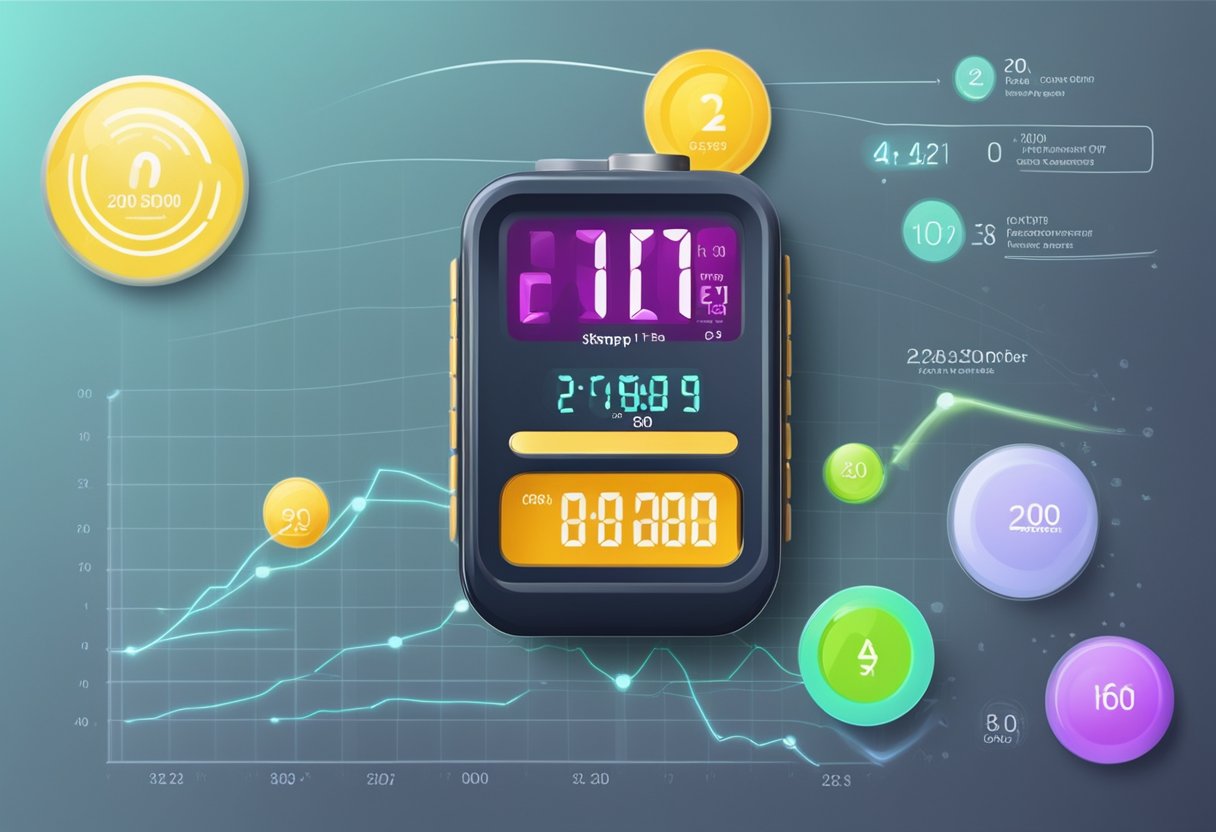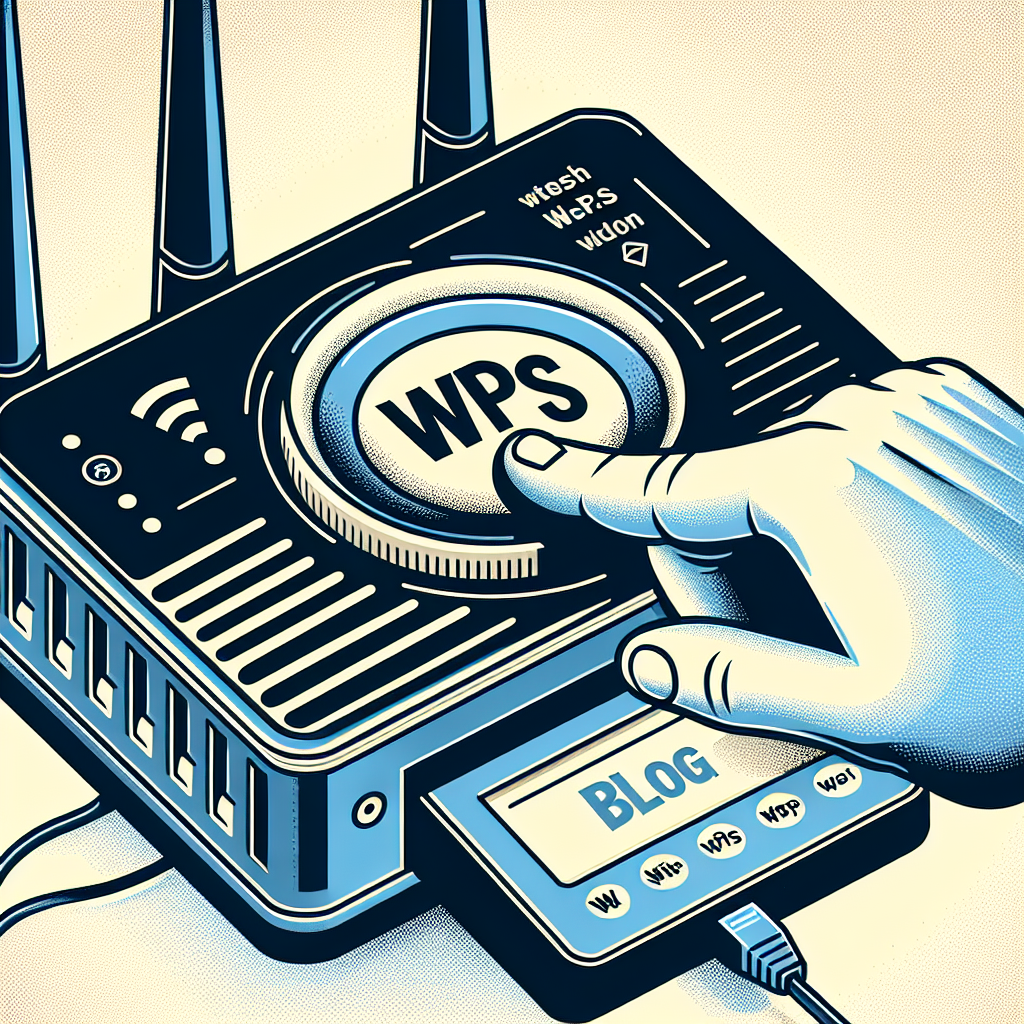Understanding Blutdruck 100 zu 70: What Does It Mean?
Blood pressure readings can often be confusing, especially when they fall within unusual ranges. In this article, we will explore what a blood pressure reading of 100 over 70 signifies, potential implications, and factors affecting it.

What Does Blutdruck 100 zu 70 Mean?
"Blutdruck 100 zu 70" translates to a blood pressure reading of 100/70 mmHg. This measurement consists of two numbers: the first (systolic pressure) represents the pressure in your blood vessels when your heart beats, and the second (diastolic pressure) represents the pressure when your heart is at rest between beats.
A reading of 100/70 suggests normal blood pressure, albeit on the lower side of the spectrum. The American Heart Association categorizes normal blood pressure as anything below 120/80 mmHg.
Is a Blood Pressure of 100/70 Considered Low?
While 100/70 mmHg falls within the normal range, it may be considered low for some individuals, especially if they normally have higher readings. Low blood pressure, or hypotension, is defined as a reading below 90/60 mmHg. Therefore, 100/70 doesn't qualify as hypotensive; however, symptoms might arise if this is a significant drop from an individual’s usual levels.
Potential Symptoms of Low Blood Pressure
For some, a reading of 100/70 might lead to symptoms associated with low blood pressure, such as:
- Dizziness or lightheadedness
- Fainting
- Fatigue
- Nausea
If these symptoms occur frequently or are concerning, it's advised to consult with a healthcare professional.
Who Might Experience Blood Pressure of 100/70?
Several factors influence blood pressure levels, including age, fitness level, and overall health. A blood pressure reading of 100/70 may be typical for:
- Young adults or teenagers
- Individuals with a high level of physical fitness
- Those who are not experiencing any health conditions
On the other hand, it potentially indicates underlying issues in older adults or those with certain medical conditions.
Factors Influencing Blood Pressure Readings
Many variables can cause fluctuations in an individual’s blood pressure. Some of these include:
- Dehydration: Not consuming enough fluids can lower blood volume and lead to lower blood pressure.
- Medications: Certain medications, particularly diuretics or those prescribed for hypertension, can impact blood pressure.
- Underlying Health Conditions: Heart issues, endocrine problems, or severe infections can influence blood pressure readings.
- Diet and Lifestyle: High salt intake and lack of physical activity can elevate blood pressure, while healthy lifestyle choices often lead to lower readings.
When to Seek Medical Advice
If you regularly have blood pressure readings around 100/70 and experience any concerning symptoms, it might be time to consult with your doctor. Here are scenarios that warrant professional advice:
- Consistent dizziness or fainting spells
- Persistent fatigue that interferes with daily activities
- Notable shift from your usual blood pressure readings
Monitoring your blood pressure regularly can help you understand your unique body’s needs, and fluctuations can provide crucial insights into your health status.
How to Maintain Healthy Blood Pressure
Whether your typical readings are around 100/70 or higher, maintaining a healthy lifestyle can help regulate blood pressure levels. Consider these tips:
- Stay Hydrated: Adequate fluid intake is crucial for maintaining blood volume.
- Regular Exercise: Physical activity strengthens the heart and improves circulation.
- Balanced Diet: Incorporate fruits, vegetables, whole grains, and lean proteins while limiting salt and processed foods.
- Avoid Excessive Alcohol: Limit alcohol consumption as it can affect blood pressure.
- Monitor Stress: Engage in stress-reducing activities such as yoga, meditation, or deep breathing exercises.
New posts

Understanding Normal Pulse Rates: What Is a Normal Pulse?
Fitness

Understanding Ruhepuls 60: A Guide to Optimal Heart Rate
Fitness

Understanding Ruhepuls 45: The Ideal Resting Heart Rate for Your Health
Fitness

Understanding Normal Pulse Pressure: What You Need to Know
Lifestyle

Low Blood Pressure and Trembling: Understanding the Connection
Wellness

Understanding Low Blood Pressure at Night: Causes, Symptoms, and Management
Wellness

Understanding Pulsdruck: Key Insights into Your Blood Pressure Dynamics
Wellness

Understanding Why You Might Experience Niedriger Blutdruck
Lifestyle

Navigating Low Blood Pressure and High Pulse: Key Insights
Wellness

Understanding Ruhepuls 40: What It Means for Your Health
Fitness
Popular posts

Understanding Low Blood Pressure and Tiredness: Insights and Solutions
Lifestyle

Understanding Low Blood Pressure with High Pulse Rate
Wellness

Understanding Normal Blood Pressure: A Deep Dive
Wellness

Effective Strategies for Managing Heart Palpitations: What to Do When Experiencing Herzrasen
Lifestyle

Recognizing the Symptoms of High Blood Pressure
Wellness

What to Do When You Have a High Heart Rate
Lifestyle

Understanding Low Blood Pressure: What Does the Lower Value Mean?
Wellness

Understanding Blood Pressure: What Does 110 Over 70 Mean?
Lifestyle

Understanding High Pulse and Low Blood Pressure: Causes and Solutions
Management

Effective Remedies for Low Blood Pressure
Lifestyle